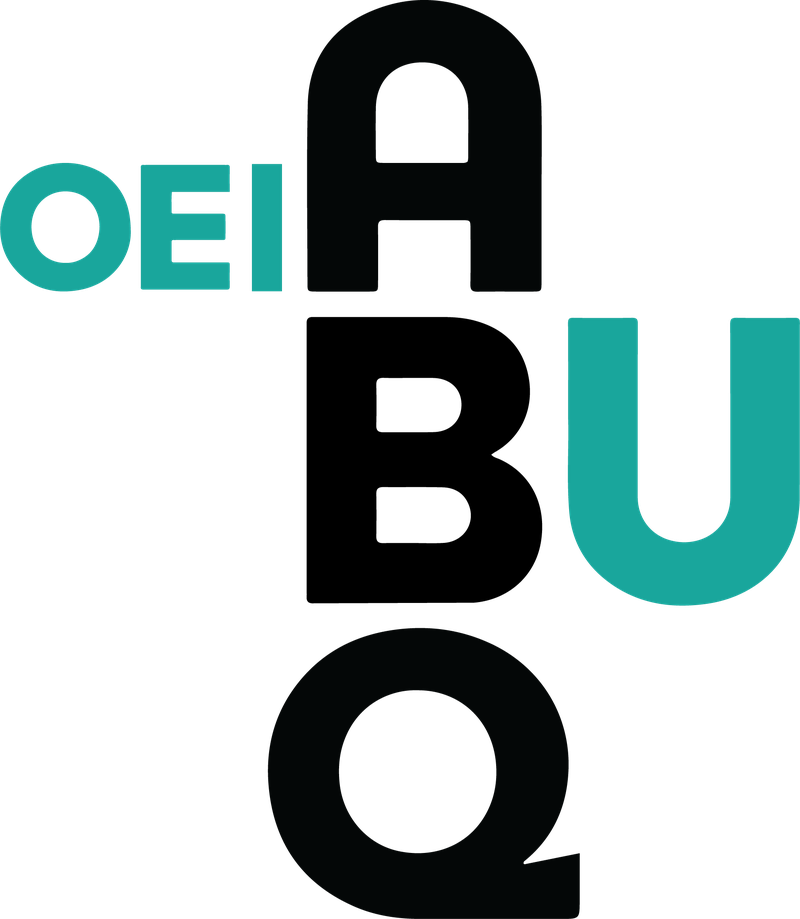
Albuquerque Recognized as a Model for Meaningful Indigenous Relations
Albuquerque sets the standard for government-to-government relations with tribes
The City of Albuquerque has been recognized in a national municipal case study published by the National League of Cities (NLC) citing the City, as a model for addressing and acknowledging the harm done to Indigenous People. NLC is a national organization that works to strengthen local leadership, influence federal policy and drive innovative solutions. NLC published the Municipal Action Guide: Roadmap to Repair - A Guide to How Cities Can Acknowledge and Address the History of Harm to Indigenous Peoples, Rebuild Trust, and Repair Relationships.
With the help of this guide, cities across the nation can look to Albuquerque and follow suit to how the City is addressing the issues faced by our Indigenous communities and engaging in meaningful Tribal consultation where necessary. The City of Albuquerque addresses critical issues facing Indigenous residents through the establishment of the Office of Native American Affairs (ONNA), the Commission on American Indian and Alaskan Native Affairs (CAIANA), and the appointment of an Intergovernmental Tribal Liaison.
“Under Mayor Tim Keller, Albuquerque has made tremendous progress in improving outcomes for Native residents and ensuring Indigenous knowledge, perspectives and sovereignty are respected” shared Intergovernmental Tribal Liaison Terry Sloan “We are setting a precedent by continuing to take point from Tribal leaders making Albuquerque a model in true government-to-government relations.”
ONNA works closely in the community to provide services and resources for many Native American organizations and collaborates with agencies to raise awareness on important issues such as Missing and Murdered Indigenous Persons (MMIP). Additionally, ONNA works closely with other City departments such as Family and Community Services (FCS), Albuquerque Police Department (APD) and the Parks & Recreation Department (PRD). ONNA supports APD in addressing critical issues such as barriers in tribal jurisdictions and MMIP. Furthermore, ONNA is collaborating with FCS to ensure the Gateway Emergency Shelter is being designed with culturally appropriateness for the unsheltered Indigenous relatives experiencing homelessness.
ONNA, alongside Tribal and Pueblo leaders, continue to work with the PRD to create a new vision for the Albuquerque Indian School burial site at 4H Park that will result in a place that is a model for respect and education for present and future generations. This week, ONNA will be hosting the Indigenous Housing Justice Summit on Tuesday, October 11th, which is a collaborative effort to address housing inequities experienced by Indigenous communities on traditional homelands and in urban areas. Next month, in honor of Native American Heritage Month the Celebrating Indigenous Youth Celebration & Youth Pow Wow will be held on Saturday, November 5th.
CAIANA serves as the forum for government-to-government relations and as an advocate for Native American residents of Albuquerque. In 2019, City Council unanimously voted to pass a bill amending the originating ordinance of CAIANA that acknowledges Tribal sovereignty and self-determination for Tribal governments and commits the City to honoring the government-to-government nature of the relationship between the City and the surrounding Pueblos and Tribes.
